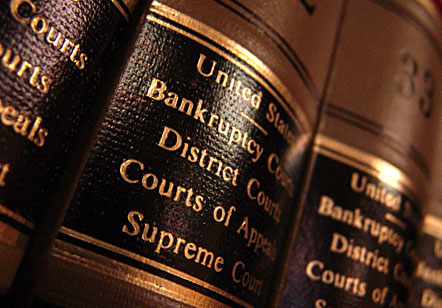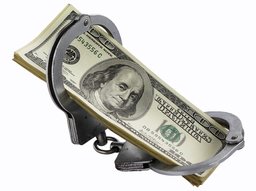 Creditors have hounded you for months. Your bills have been piling up, but you have finally saved enough money to pay off one of your debts in full. You feel some relief because you have finally made a step towards getting out of debt. However, something happens and you are forced to file bankruptcy just three months later. Your bankruptcy trustee may now consider the payment you made a preferential payment, because you paid one debt off in full while giving nothing to your other creditors.
Creditors have hounded you for months. Your bills have been piling up, but you have finally saved enough money to pay off one of your debts in full. You feel some relief because you have finally made a step towards getting out of debt. However, something happens and you are forced to file bankruptcy just three months later. Your bankruptcy trustee may now consider the payment you made a preferential payment, because you paid one debt off in full while giving nothing to your other creditors.
When a debtor declares bankruptcy, he or she is not allowed to show preference to any one creditor and must divide their assets equally among all creditors. This means that if a debtor pays one creditor in full (6 months prior to filing bankruptcy if a normal creditor and 1 year if a family member) the creditor may be forced to give the money back to the bankruptcy trustee.
11 U.S.C. § 547 defines preference as:
 Jacksonville Bankruptcy Lawyer Blog
Jacksonville Bankruptcy Lawyer Blog








